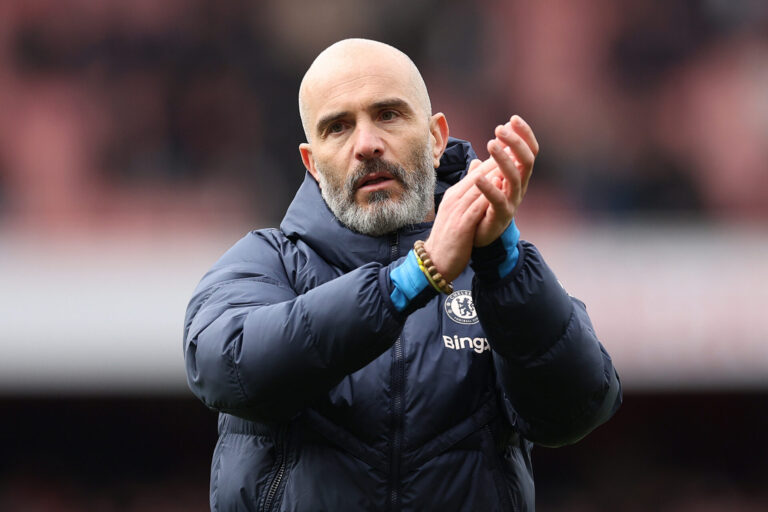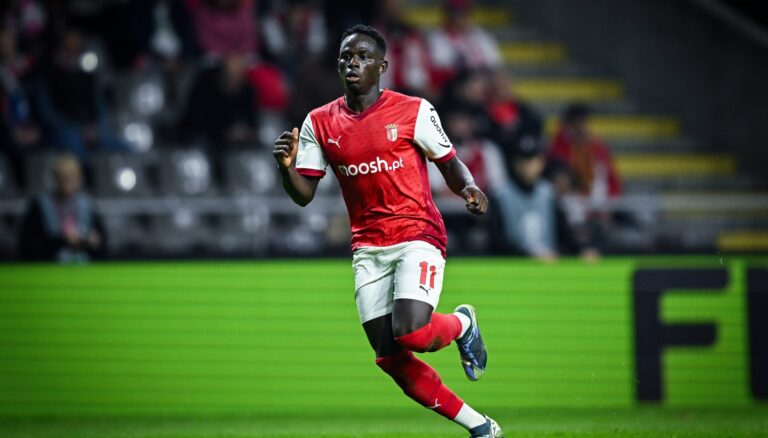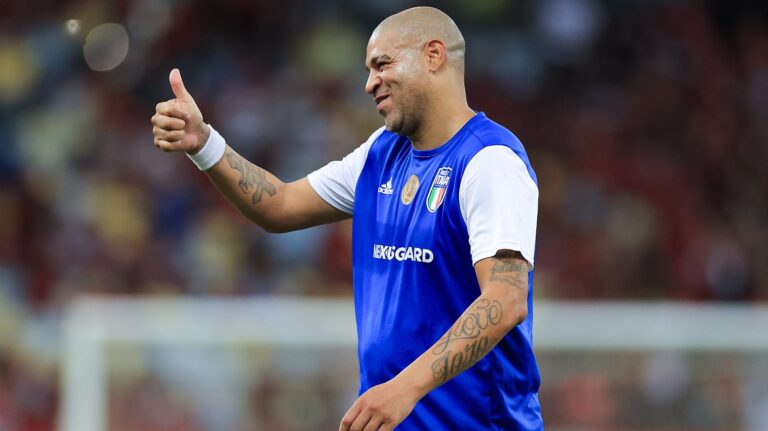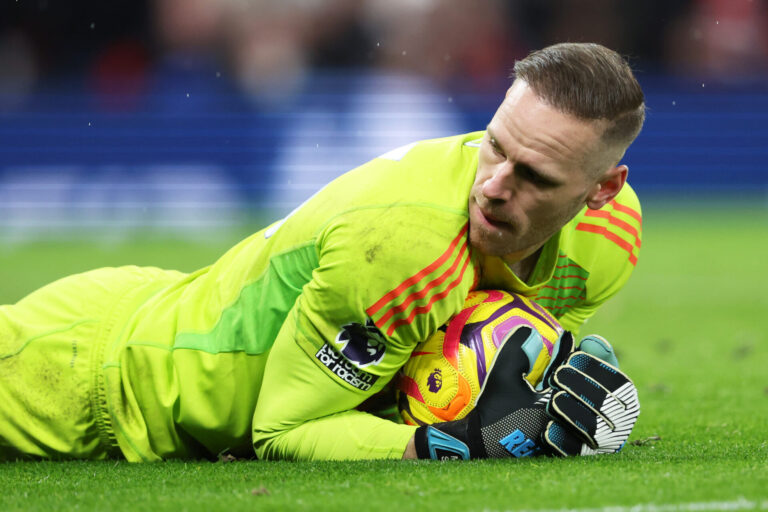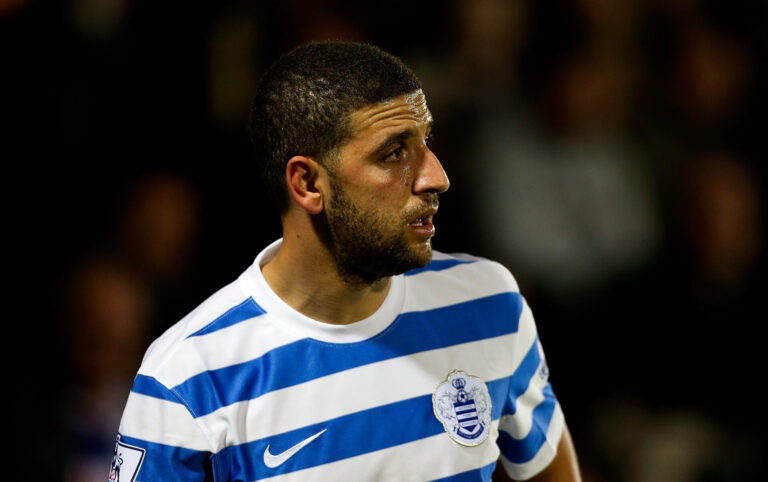Spot Fixing in Football – Unveiling The Dark Side of Football
Football, the beautiful game, is loved for its unpredictable nature, the fact that, on their day any side can beat any other side. But, beneath the face of excitement and passion lies a sinister reality: fixing. Fixing comes in many forms, match-fixing, score-fixing, goal fixing and spot-fixing.
Fixing in any form is deemed illegal. Match-fixing has severely damaged the credibility of the sport. This article provides a comprehensive analysis of spot-fixing in football, including its impact on the sport, notable cases, and the measures implemented to address this issue.
Lucas Paqueta’s recent charge for betting offences sheds further light on the ongoing issue within modern football. The West Ham midfielder is facing a minimum 6 month ban, with the maximum charge being a lifetime away from the game. Paqueta has a number of days to plead his innocence, but has been accused of breaching the betting policy on a number of occasions, with a number of the offences involving spot fixing.
Understanding Spot Fixing
Spot-fixing is the act of manipulating certain moments in a game, like the timing of a throw-in, corner kick, or booking, without necessarily impacting the final outcome. Spot-fixing, in contrast to match-fixing, centres on smaller, more manageable elements of a game, making it challenging to uncover and typically involving fewer individuals. In today’s world of extensive betting options, it’s unfortunately not uncommon for certain footballers to succumb to greed.
How Spot Fixing Works
- Identification of Vulnerable Players: Fixers target players, referees, or coaches who might be susceptible to bribery or coercion. Poor players, or players in debt or from lower class backgrounds are targeted, with sometimes the threat towards family being used to persuade players.
- Agreement on Specific Actions: The parties agree on specific actions or inactions during the match, such as conceding a goal at a particular time, receiving a yellow card, or something as innocuous as kicking the ball out for a throw-in.
- Betting Markets: Fixers place substantial bets on these specific events through illegal betting markets, through betting exchanges, through Asian bookmakers or European bookmakers reaping significant profits if the agreed actions occur.
The Impact of Spot Fixing on Football
Spot-fixing undermines the very essence of fair play and competition in football. The ramifications extend beyond the immediate financial gains of the fixers:
- Erosion of Trust: Fans and stakeholders lose faith in the integrity of the game, leading to decreased viewership and attendance.
- Player Morale: Honest players might feel disillusioned, affecting team dynamics and overall performance.
- Financial Consequences: Clubs and leagues face financial losses due to diminished sponsorship deals and broadcasting rights.
Notable Spot Fixing Scandals
1. BBC Investigation on Emile N’Goy and Hermes N’Goy (2022)
A BBC investigation in 2022 uncovered a shocking revelation regarding former Llanelli footballer Emile N’Goy, his brother Hermes N’Goy, and three European players. It has been revealed that they were involved in discussions to spot-fix matches. The players were caught on camera discussing how they could manipulate certain moments in matches for personal gain.
The investigation uncovered a shocking revelation: the players had conspired with criminal gangs to manipulate in-game events and deceive bookmakers. During these discussions, prices were quoted for various actions such as yellow cards, red cards, throw-ins, corners, and free kicks. Prices quoted were €1,000 for a yellow card, €2,000 for a red card, and €500 per throw-in/corner/free kick caused.
2. Jores Okore Yellow Card (2019)
There were concerns about possible match-fixing involving former Aston Villa player Jores Okore, as there was a significant increase in bets placed on yellow cards during a match in which he received a booking. In October, the incident occurred while the Danish centre-back was playing for Danish Super League club Aalborg.
He had joined Aston Villa from Nordsjaelland in 2013 for £4 million. Okore received a yellow card for a high challenge, which raised concerns among bookmakers who reported suspicious betting patterns to the authorities. An investigation into the alleged manipulation was launched by North Jutland police based on the peculiar amount of bets placed.
3. Matt Le Tissier (1995)
Matt Le Tissier was the first high-profile player to confess involvement, admitting after his retirement he wagered on the timing of the first throw-in during a game in 1995.
His plan always went awry when a Southampton teammate prevented his pass from going over the sideline but he did succeed within the 70-second limit set in the bet.
“Spread betting had just started to become popular. It was a new idea which allowed punters to back anything from the final score to the first throw-in,”
“There was a lot of money to be made by exploiting it. We were safe from the threat of relegation when we went to Wimbledon on April 17 and, as it was a televised match, there was a wide range of bets available.
“Obviously I had never have done anything that might have affected the outcome of the match, but I could not see a problem with making a few quid on the time of the first throw-in.
“My team-mate had some friends with spread-betting accounts who laid some big bets for us. We stood to win well into four figures but if it went wrong we could have lost a lot of money. The plan was for us to kick the ball straight into touch at the start of the game and then collect 56 times our stake. Easy money.
“It was set up nicely. The ball was to be rolled back to me and I would smash it into touch. It seemed to be going like clockwork. We kicked off, the ball was tapped to me and I went to hit it out towards Neil Shipperley on the left wing.
“As it was live on television I did not want to make it too obvious or end up looking like a prat for miscuing the ball, so I tried to hit it just over his head. But with so much riding on it I was a bit nervous and did not give it quite enough welly. The problem was that Shipperley knew nothing about the bet and managed to reach it and even head it back into play.
“Suddenly it was no longer a question of winning money. We stood to lose a lot of cash if it went much longer than 75 seconds before the ball went out. I had visions of guys coming to kneecap me. Eventually we got the ball out on 70 seconds. The neutral time meant we had neither won nor lost. I have never tried spread betting since.”
Matt Le Tissier wrote in Taking le Tiss.
4. Macarthur FC (2024)
During the 2023-24 A-League Men season, several players from Macarthur FC were arrested by the New South Wales Police for their alleged involvement in yellow card spot-fixing. The conspiracy involved the team captain and three other players. There were allegations that they manipulated games by intentionally accumulating yellow cards in two early-season matches, and they made unsuccessful attempts to do the same in two late-season games.
The players were arrested for this after continuously attempting to get yellow cards within games over a sustained period. According to police, their investigation revealed information suggesting that Macarthur FC captain Ulises Dávila was involved in a scheme where he allegedly paid two other players $10,000 to intentionally receive yellow cards.
5. Seven Football League Footballers Arrested in Spot-Fixing Investigation
On April 3, 2014, seven footballers from Football League clubs in north-west England were arrested in connection with alleged spot-fixing in matches. The National Crime Agency (NCA) has confirmed that the players, ranging from 18 to 30 years old, are currently undergoing police interviews regarding allegations of bribery and money laundering. Following the re-arrest of six other men, who were initially detained in December and later bailed, this includes former Premier League player DJ Campbell and former Oldham Athletic winger Cristian Montano.
The arrests are a result of an investigation that was launched based on information provided by the Sun on Sunday. Spot-fixing has become a major concern for the integrity of football, as it involves players corruptly influencing specific aspects of a match without affecting the final score. The Football Association and the Football League have expressed their full cooperation with the ongoing investigation, highlighting their dedication to upholding the integrity of the sport.
6. Lucas Paqueta was investigated and charged with spot-fixing
West Ham midfielder Lucas Paqueta was charged by the Football Association (FA) with spot-fixing offences in four Premier League matches. The Brazil international, who denies any wrongdoing, is accused of attempting to influence matches against Leicester in November 2022, Aston Villa in March 2023, Leeds in May 2023, and Bournemouth in August 2023. According to the FA, Paqueta allegedly sought to receive a card from the referee intentionally to affect the betting market, allowing one or more persons to profit from betting.
Combating Spot Fixing
1. Regulatory Measures
Football’s governing bodies, including FIFA, FIFPro and UEFA, have implemented stringent regulations to combat spot-fixing. These measures include:
- Education and Awareness Programs: Educating players, coaches, and officials about the risks and consequences of spot-fixing.
- Integrity Units: Establishing dedicated units to monitor, investigate, and prosecute instances of spot-fixing.
- Collaboration with Law Enforcement: Working closely with international law enforcement agencies to identify and dismantle fixing syndicates.
- Protection: FIFPro created the Red Button app to protect players from Match-fixing. The Red Button app allows professional football players to report match-fixing approaches safely and anonymously. Reports will automatically be transferred to local security experts, which enables them to investigate. In Republic of Ireland, the reports are transferred to the national police.
2. Technological Solutions
Advancements in technology have provided new tools to combat spot-fixing:
- Data Analytics: Using sophisticated algorithms to detect unusual betting patterns and in-game anomalies.
- Blockchain: Implementing blockchain technology to ensure transparency and traceability in betting markets.
Gambling companies notice large sums of money on specific markets and it leads people to suggest that a player has been involved in spot fixing. There was an example for Arsenal in 2022 when Xhaka got a yellow card and was investigated for spot-fixing due to over 60,000 euros of bets being placed on him getting booked during the late part of Arsenal’s 4-1 victory over Leeds United. He was cleared of the charges.
3. Legal Frameworks
Countries are strengthening their legal frameworks to address spot-fixing more effectively. For instance, The Fraud Act 2006 adds the offences of fraud to the list of criminal offences contained within the Gambling Act 2005. UK’s Gambling Act 2005 provides a legal basis for prosecuting betting-related corruption in sports.
Spot-fixing is a serious crime, it is fraud, and people can serve time for committing fraud. Lucas Paqueta will face the risk of a “multi-year ban” or even jail if found guilty of allegations say Fifpro guidelines.
Conclusion
Spot-fixing is a serious concern that undermines the integrity and future of football. Although progress has been made in addressing this problem, it remains crucial for governing bodies, law enforcement, and the football community to maintain a constant watch and work together.
Preserving the integrity of the football requires a United front to eradicate corruption and uphold the core principles of fair competition. By doing so, we can ensure that football continues to be the football we all know and love.



